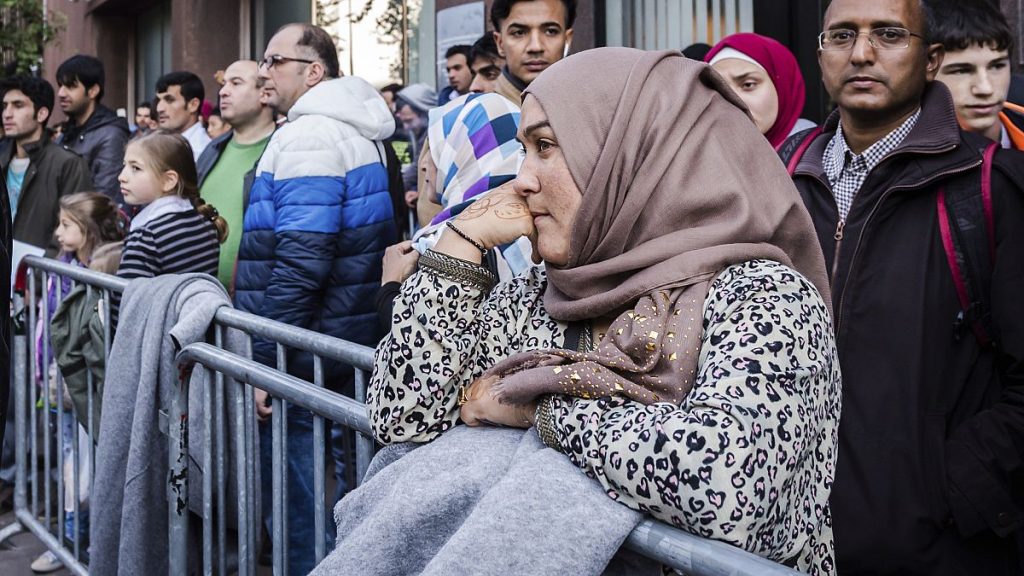Surveys conducted in the European Union indicate that racism is on the rise, with concerns about discrimination becoming more pronounced. Despite this, only two of the seven political parties in the European Parliament have explicitly called for the swift adoption of a stalled directive to combat discrimination ahead of the European elections. The Socialists and Democrats (S&D) and the Left have promised to push for the adoption of the directive, while other parties have made general statements about fighting discrimination without mentioning the legislation. The European Network Against Racism (ENAR) is calling for the extension of the EU’s Anti-racism Action Plan and revisions to the current blocked text of the directive to address gaps in anti-discrimination legislation.
The European Commission initially attempted to create comprehensive anti-discrimination legislation in 2008, but the directive has been blocked by the European Council, made up of all 27 member states. Some governments argue that the directive violates national competence and would be too expensive to implement. The current political climate, with the rise of far-right forces in the European Parliament, has made the adoption of the anti-discrimination directive more urgent. Swedish MEP Alice Kuhnke, the rapporteur for the EU Anti-Discrimination Directive, emphasizes the importance of addressing discrimination and calling out member states that are hesitant to adopt the directive.
Surveys indicate that discrimination based on race, skin color, ethnic origin, gender identity, and sexual orientation is widespread in the EU. Over half of respondents in a Eurobarometer survey reported experiencing discrimination, with a significant increase in reported cases compared to previous years. The European Union Agency for Fundamental Rights found that 45% of Black people surveyed had experienced racial discrimination in the five years prior to the survey. The recently adopted New Pact on Migration and Asylum may exacerbate the situation, according to Kuhnke, by not adequately addressing racism and discrimination.
ENAR is advocating for political parties to have more diverse lists of candidates to better represent the diversity of people in Europe. The lack of representation of racialized people in the European Parliament is a significant concern, and progressive forces are being urged to address this deficit. The revision and adoption of anti-discrimination legislation, as well as efforts to increase diversity in political representation, are crucial steps in combating racism and discrimination in the EU. However, with the reluctance of some member states to adopt the directive and the challenges presented by the current political climate, achieving these goals may prove to be a significant challenge.













